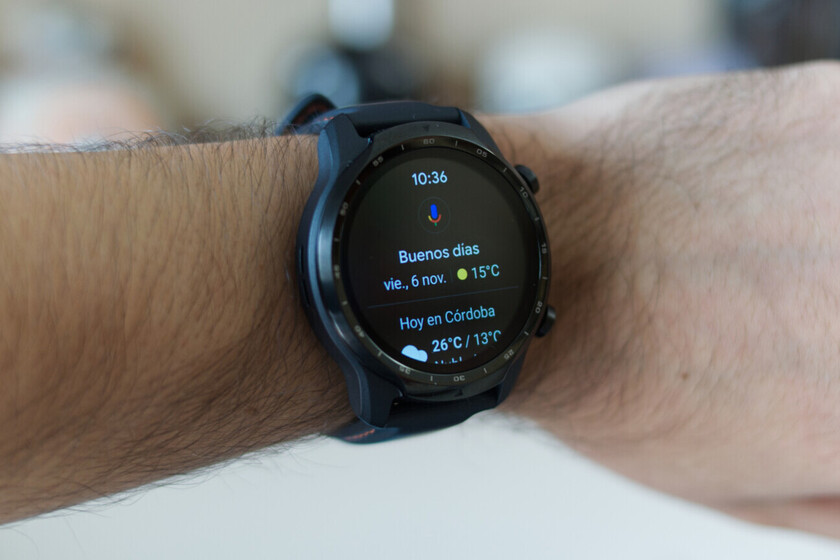



As with Android mobiles, smart watches with Wear OS too can make the experience faster by reducing the interface animations. It is a very simple trick that speeds up the smartwatch by slightly increasing the battery life.
Operating systems have at their disposal a series of tricks so that the user perceives that their experience is fluid. The power of the components is key, also the optimization of the software. And there is another element that determines the perception of fluidity: system animations. The jump between apps, return to the menu or display the watch settings: Wear OS also makes use of them. Do you want to speed it up? There is a trick that never fails.
The animations of the interface broaden the perception of fluidity, but they have a counterpart: if the smartwatch does not have too much power, use can be weighed down because you are not able to execute transitions with sufficient ease. Therefore, disabling them can be a help in case you want to speed up your Wear OS.
Animation settings are not in general settings, yes in the developer (The same as happens in Android mobiles). Before customizing these animations you have to activate the relevant development settings on the watch, the complete process is as follows:
{“videoId”: “x7zpyou”, “autoplay”: true, “title”: “COMPARISON of SMARTWATCH What is THE BEST SMARTWATCH?”}
After disabling animations your Wear OS watch will be perceived faster since startups and changes between apps will be made without any type of transition. Apart from this greater speed, the smartwatch should consume somewhat less energy; without the savings being huge, yes.
–
The news
How to speed up your Wear OS watch by reducing its animations
was originally published in
Engadget Android
by
Ivan Linares
.
Exploring the Top 5 Voice AI Alternatives: What Sets Them Apart?
How iGaming Platforms Ensure Seamless Integration of Casino Games and Sports Betting?
The Rise of Spatial Computing: Evolution of Human-Computer Interaction
Data Loss on Windows? Here's How Windows Recovery Software Can Help
Integrating Widgets Seamlessly: Tips for Smooth Implementation and Functionality